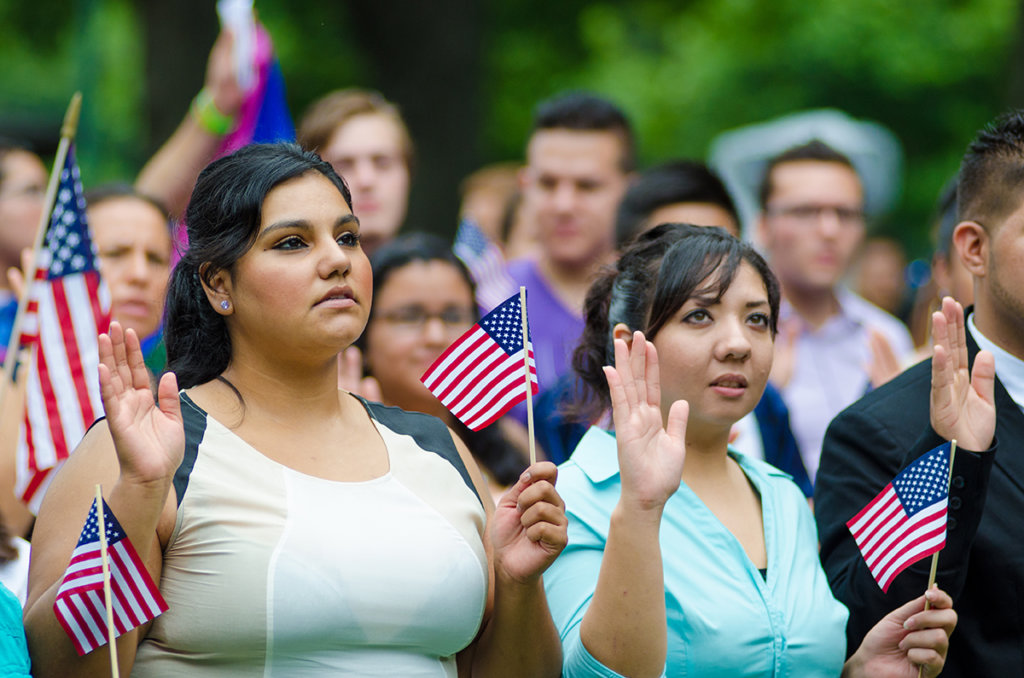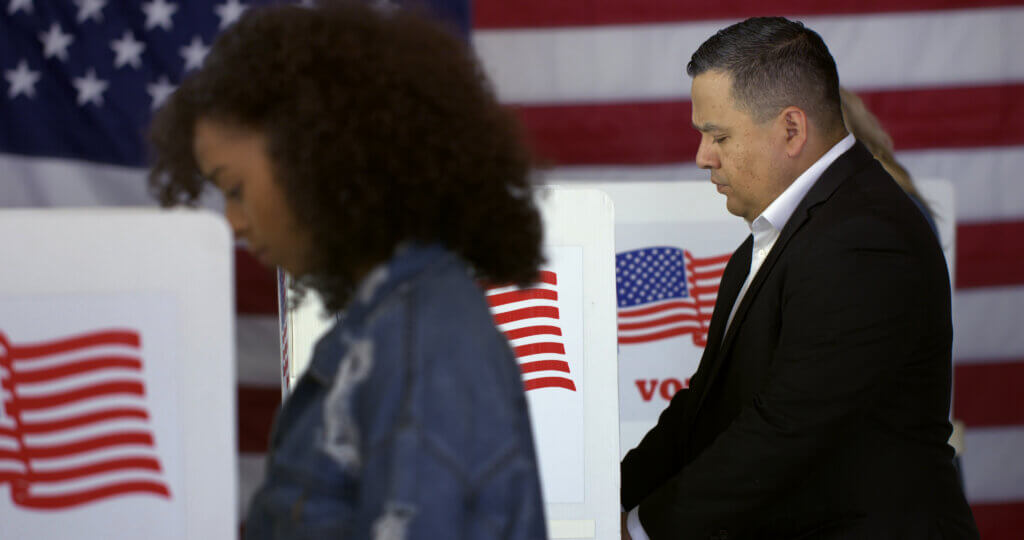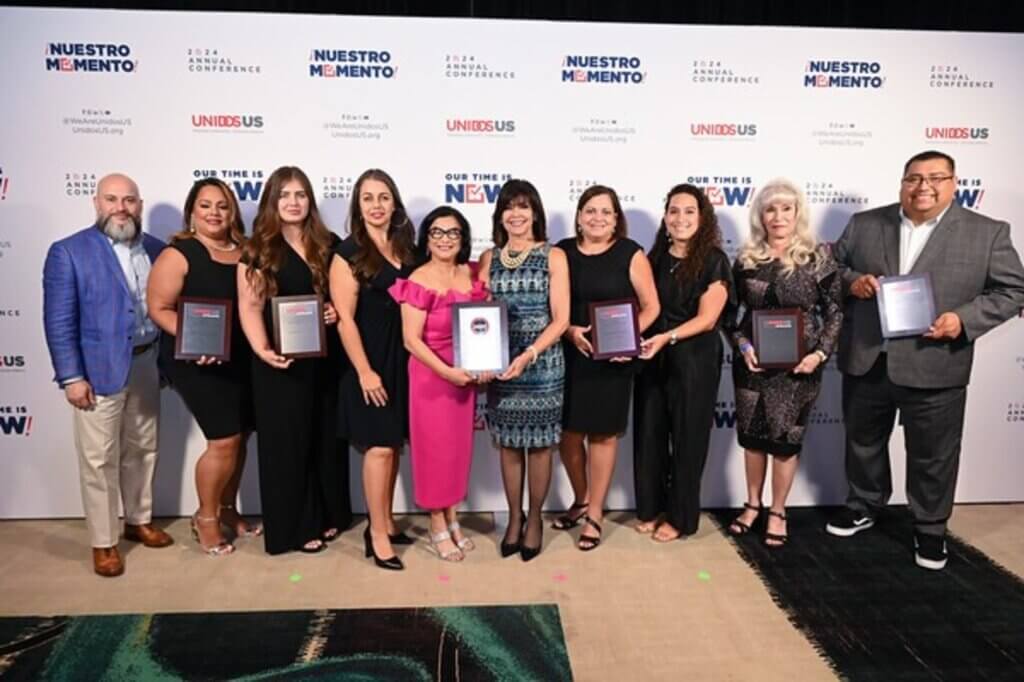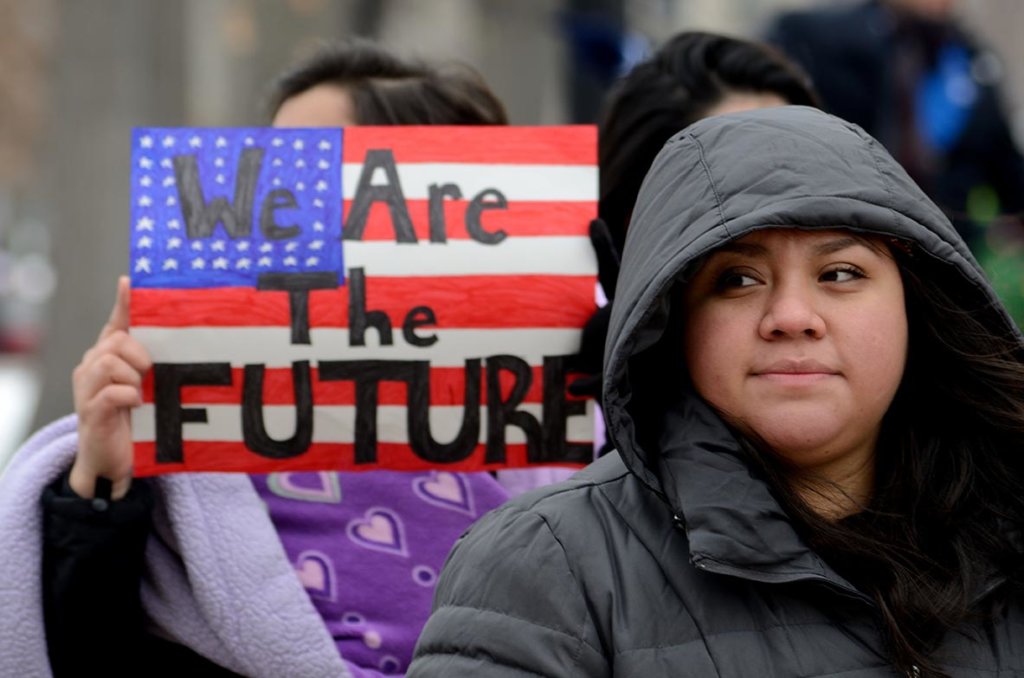#SaveTPS to Save the American Dream
Imagine having worked hard to go to school, followed your passion, and reached a place in your career where you can help others, only to have it potentially stripped away. That is what is already happening to some of the 325,000 immigrants in this country who are recipients of Temporary Protected Status (TPS).
The Trump administration has already chosen to end TPS for thousands of Nicaraguan recipients who have resided in the United States legally, some for almost two decades. At the same time, the Department of Homeland Security was unable to reach a decision in the case of Honduran recipients, which resulted in an automatic six-month extension. This has thrown these families into an uncertain future.
The decision to end #TPS for Nicaraguans serves no purpose other than to divide families & create economic instability. https://t.co/g0gNgYGl1s pic.twitter.com/SErFTxa39E
— Janet Murguía (@JMurguia_Unidos) November 7, 2017
TPS beneficiaries are some of the most vulnerable populations in the United States, having been displaced by war, natural disasters and other extraordinary events in their home countries leading the United States to designate them for protected status.
Our Affiliate Central American Resource Center (CARECEN) works directly with these individuals and families in the Washington, DC area. The following is an excerpt from an interview conducted by CARECEN with a person that will be affected by these decisions by the Trump administration. The story has been edited for clarity, and names have been changed to protect everyone’s privacy.
Related: DREAMers and TPSeanos Are as American as Baseball and Apple Pie
KARINA’S STORY
Karina moved to the United States along with her younger brother to join her mother and aunt in Philadelphia. She was nine years old.
She remembers the journey she made with her four-year-old brother, traveling through the desert, counting on a coyote to get them where they needed to go. It was a difficult time, but Karina knew things would be better.
Her family learned TPS would open for Salvadorian recipients in 2001. Thanks to TPS, Karina received a sponsorship and pursed her dream of attending nursing school. Today, she is the lead nurse of one of the largest home care facilities in Philadelphia.
#TPS recipients are an integral part of our economy. Deporting #TPS holders would cost employers $967M. #SaveTPS https://t.co/Dnv8mQaiOk
— UnidosUS (@WeAreUnidosUS) November 6, 2017
Ending #TPS & deporting legal workers would cost the country ~$164 billion in GDP over a decade. We must #SaveTPS. https://t.co/JZf0Nqsfwj
— UnidosUS (@WeAreUnidosUS) November 6, 2017
Nursing is Karina’s passion, and it requires strength and character. Karina wants to be a role model and inspiration to Latina girls, to show them that you can accomplish anything you put your mind to with hard work and dedication if you are given the opportunity.
Karina knows that if TPS is canceled, many of the opportunities she has worked for will be taken away. She will be separated from her family and loved ones, and her future and dreams will slowly but surely fade until they’re gone completely.
80% of #TPS holders are employed. Nearly 90% speak English. 22% arrived as children. 11% are entrepreneurs. https://t.co/A3QVdkyDN7 #SaveTPS
— UnidosUS (@WeAreUnidosUS) November 6, 2017
Before the end of the year the Trump administration will decide on the futures of TPS for El Salvador and Haiti, who together amount to 250,000 TPS holders.
We will continue to call on this administration to protect the American dreams of every person who stands to suffer if TPS ends. And we will work with our allies in Congress for a permanent solution that protects hardworking young people and their families.
FIND OUT MORE





